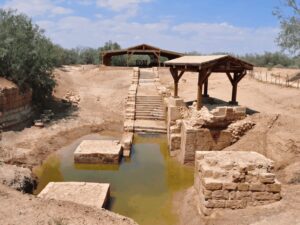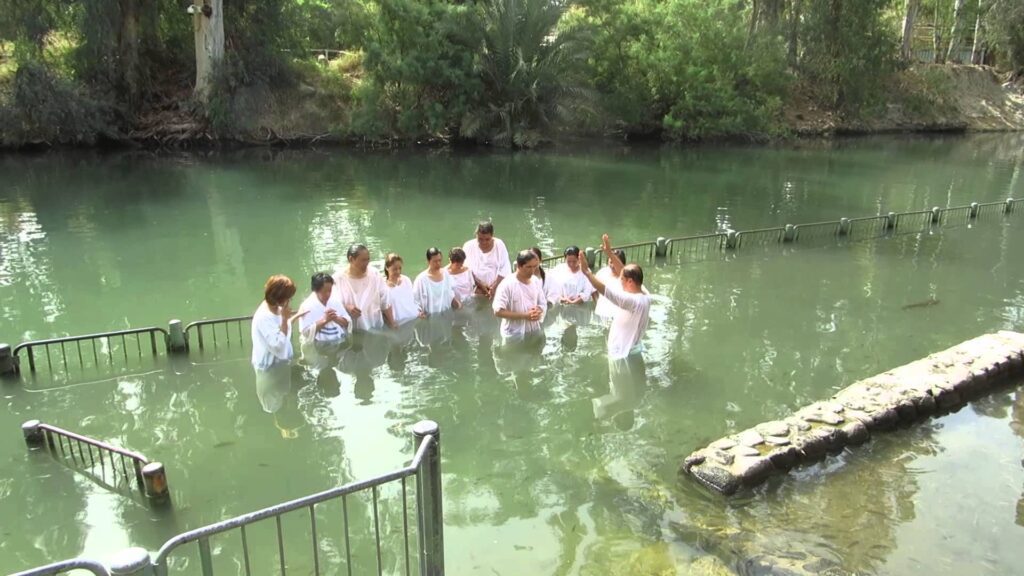

The Jordan River is an important river in the Middle East. crossing place on a river It starts in the mountains of Lebanon and the Golan Heights in Syria. The river is about 230 kilometers long and flows through the Jordan Valley, the Baptism Site (Al-Maghtas), and Palestine before reaching the Dead Sea.
Why Is the Jordan River Important?
- It gives fresh water for farming and drinking in Jordan and Palestine.
- It helps create electricity through hydroelectric power.
- It is a famous tourist site for people around the world.
Religious Importance of the Jordan River
- Judaism: The river is the place where the Israelites crossed into the Promised Land.
- Christianity: It is where Jesus was baptized, making it very special for Christians.
- Islam: The Jordan River is mentioned in the Quran and is important in Islamic history.
Today, the Jordan River is a place for farming, tourism, and religion. It is a must-visit spot in the Middle East!








